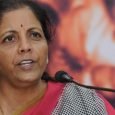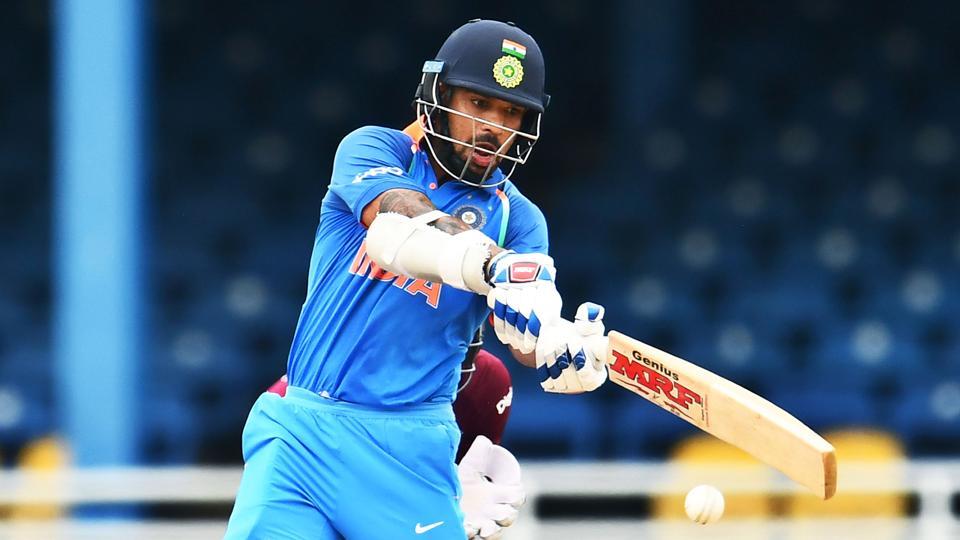
Julie Dunne was perfectly happy as an accountant, yet she always felt as if there were some other type of work that she would adore. “I just didn’t know what it was,” she says. Then, in the early 2000s, Dunne participated in field expeditions run by the worldwide environmental organization Earthwatch — and discovered that scientific research enthralled her. The 57-year-old is now a postdoctoral researcher at the University of Bristol, UK, studying the chemistry of ancient pottery to determine early eating habits.
The decision to start science later in life comes with challenges: a mature student may have to go back to secondary- or undergraduate-level classes to pick up necessary qualifications. They might have to rejig their financial or living situations to support a science career. They have less time to build up a CV and research programme, and they may have to combat ageism when it comes to securing a job.
But older students have advantages, too, such as maturity, drive and unique experiences and networks. The best way to explore a new career, say many, is to try out an evening science class or two, maybe a master’s programme, before diving full-time into a PhD. Those who have trod this path say that although it might have been daunting and involved sacrifices, it was worth doing. “I love what I do,” says Dunne.
Dunne is far from alone in her late-life scientific endeavour. Some people don’t discover their passion for science until they’ve already settled into a different career. Others love science, but aren’t ready for a PhD when they finish university. Still others cherish the goal of a tenured academic position but, owing to stiff competition, take decades to get there.
Doctor in waiting
Most doctoral students are in their 20s or 30s, according to data from the US National Science Foundation (NSF), the European Council of Doctoral Candidates and Junior Researchers and the European University Institute. But there are plenty of older students, too. According to the NSF, 5.3% of PhD recipients are between 41 and 45, and 8% are older than 45 (see ‘Doctoral data’). And the European University Institute data indicate that in many countries, it’s rare for students to complete a PhD before hitting 30, and not uncommon to be older than 50 before becoming a senior professor.
Dunne dipped her toe into science more formally in 2005, at the age of 45, when she began evening and weekend classes in the sciences that qualified her to apply for an undergraduate degree. From there, she carried on through her bachelor’s and PhD programmes at Bristol. “I was terrified at first,” she says. But although her fellow university students had come straight from undergraduate programmes, Dunne had drive. At the beginning of every term, she and her peers received a guidance booklet for each class that listed reading and course criteria. She devoured them from cover to cover — and was surprised when her younger counterparts did not do the same. That sense of determination is the key to success, she advises. “You’ve just got to be committed.”
Stuart Firestein, a neuroscientist at Columbia University in New York City, has noticed similar traits among his older postbaccalaureate students, who take courses at the university after earning a bachelor’s degree. At Columbia, they pay for each class individually, rather than for blanket tuition as do undergraduates, and they want the most value for their investment. They’re more focused, he says, and often treat the class as if it were a job.
Firestein came to science relatively late, too. He had always been interested in science and had considered a career in astronomy as a child, but in high school, he developed a love of theatre and worked in that industry for nearly 15 years.
When he was 30, he was stage-managing and doing lighting for a successful production in San Francisco, California. During the day, when he was free, he began to study animal behaviour at San Francisco State University. He earned a biology degree, then left the theatre to pursue a PhD in his late 30s, followed by a postdoc.
Firestein says that his theatre background turned out to be an advantage in some situations. For example, his skill at learning scripts helped him to memorize organic-chemistry reactions. And after the failure inherent in the theatre business — a poor performance one night, for example — a botched experiment was no big deal. (He even wrote a book on the topic called Failure: Why Science is So Successful, Oxford University Press, 2015.)
A slow start
Later-stage students may find it helpful to ease into the process slowly, says Robert Hevey, 63, who is studying plant biology and conservation at Northwestern University in Evanston, Illinois, and the Chicago Botanic Garden in Glencoe, Illinois. He took time to work up to his doctoral studies during his former career in business and finance. In the early 2000s, he enrolled in a plant conservation and biology certificate programme at the garden. Then he studied for a master’s degree at night school, taking one course per quarter over six years. Only then did he leave his job to pursue a PhD. Hevey says that in the United States, community-college and non-degree courses can help an older student to decide whether a doctoral-degree programme is the right choice.
But there’s one crucial question to ask even if those classes go well, Hevey adds: “Can you afford it?” Hevey could embark on the PhD — for which he sought no stipend — only because he was in shape to support himself for the rest of his life.

[“Source-TimesofIndia”]



